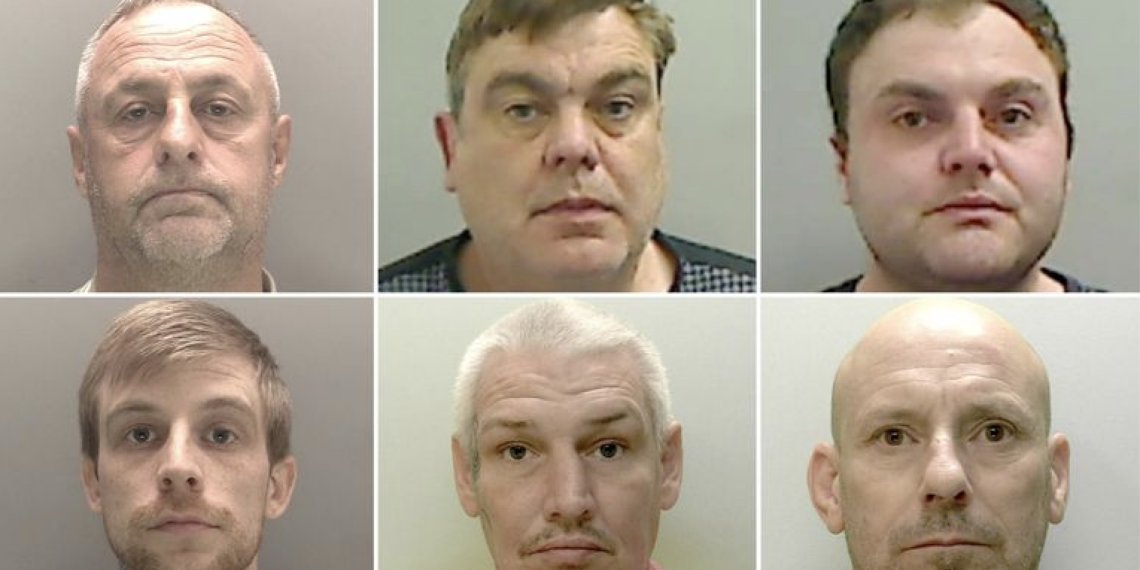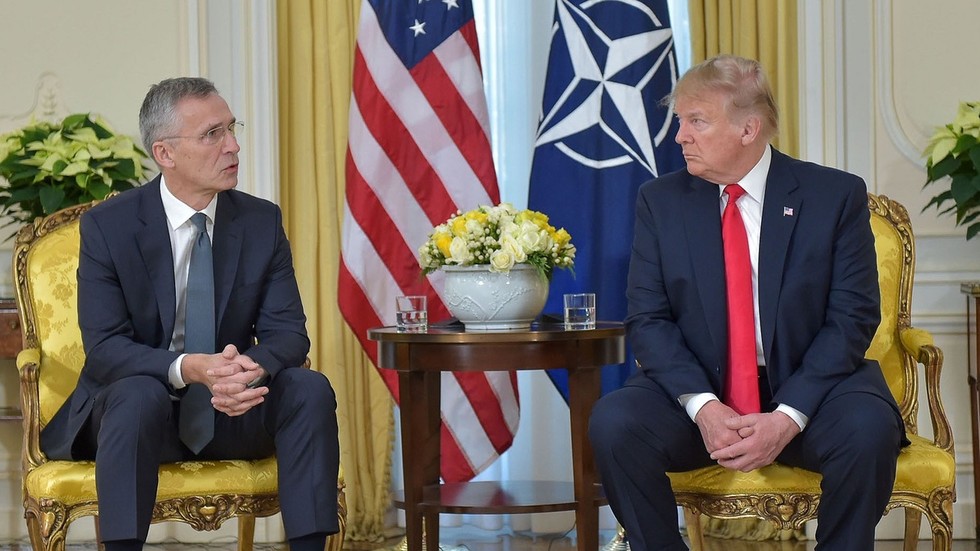What's Left 10: Police Who Help People, by Ted Rall
It may come as a surprise, especially to conservatives, that the Left believes in law and order. Of course we do. Without it, you can’t have much else.
In November 2001, I went to Afghanistan as a reporter. It felt like the 14th century, if the late Middle Ages took place in an Islamist dystopia and everyone carried an AK-47. To call it a failed state would have been too kind; there were no governmental functions of any sort. There were no paved roads, no operational schools, no reliable form of currency in circulation, not even names for the streets, which was just as well since there weren’t any signs either. When I returned to the United States, interviewers asked me what the people of Afghanistan needed and wanted most. Westerners offered suggestions: elections, a free press, democracy. Afghans actually wanted roads and electricity; they could do the rest. I suggested law and order. There’s no point building a road if bandits rob travelers. You can’t hold elections if candidates can easily be assassinated.
Leftists object to bourgeois and capitalist systems of policing because they use violence to prop up a system we seek to tear down. Under a leftist government, however, counterrevolutionary, reactionary and corporatist forces will try to undermine our efforts to create a more just and equal world every way they can, including trying to terrorize citizens and new institutions by creating an atmosphere of lawlessness. Socialists don’t want their banks robbed or their stores fleeced by shoplifters. The leftist approach to law and order must, however, not merely recreate capitalism’s inherent brutality but must reflect the values of dignity and respect that characterize our struggle. Similarly, and even more importantly, the criminal and civil justice systems must serve as both a counterexample to the Right and a reinforcement of our belief that all humans can be redeemed, and that society has a moral obligation to do everything that it can to help them do so.
It almost seems ridiculous to put it into words, but it must be said because it’s rarely followed: The purpose of policing is to keep people as safe as possible. Reactive policing is the apex of this mission. When you call 911, a man or woman in uniform should come quickly, thoughtfully assess the situation and act with the bare minimum of physical force necessary, if any, to resolve it. In other words, the opposite of what happened on July 15, 2017, when a 31-year-old Australian-American woman, Justine Damond, called Minneapolis police to report her fear that a woman was being assaulted behind her home. When the cops arrived, she went to talk to them. They were startled, so they shot her.
This kind of thing doesn’t happen in the United Kingdom because the police are trained to guard citizens, not hunt lawbreakers, and also they don’t carry guns, and also they’re not jumpy and scared. Police should not carry guns. In a situation where firearms might be required, such as a hostage situation involving armed gunmen, a specially trained tactical team can be dispatched to the scene.
Then there’s the matter of deterrent law enforcement, in which police officers are placed in visible locations to deter criminals and to serve as a point of contact for law-abiding people who need directions or other forms of assistance.
What cops should never do is what they mainly do now: roam neighborhoods with lots of poverty and ethnic minorities while stopping on occasion to harass the locals, or worse, and write tickets for parking and moving violations. The police need to be trained to understand that disadvantaged populations need their help more than anyone else, and that no matter how sketchy an area looks, 99% of the people who live there are just like them, trying to survive without hurting anyone else.
If government is interested in public safety, it will abolish regressive monetary fines for parking in the wrong place at the wrong time, driving too fast, making an illegal turn, forgetting to renew an automobile registration, even driving drunk. Society has a vested interest in maintaining orderly parking patterns, encouraging motorists to drive below the speed limit, obey regulations and make sure their car is in working order, and obviously ensuring no one gets behind the wheel of a car while under the influence of alcohol. But enforcement measures based on revenue enhancement inevitably are abused; police write tickets to people who are innocent, exaggerate the gravity of offenses and can easily escalate interactions into violent confrontations because poor people can’t afford exorbitant fines. A broken headlight isn’t cause to shake someone down for money; the driver probably doesn’t even know it’s broken. Pull the driver over and let them know they need to get it fixed. If you are trying to get people to stop speeding, issue them tickets with a point system; if they get too many, they lose their driving privileges. There’s really no reason whatsoever to renew automobile registration other than to tax drivers, so just stop requiring it.
In major cities, take cops out of their squad cars and turn them into pedestrians so they interact organically with communities. Stop recruiting from the ranks of traumatized former military veterans trained to adopt a “warrior” mentality rather than the “guardian” viewpoint — good cops are far more worried about whether you get home safe at night than whether they get home safe at night.
Bourgeois police officers have a deeply ingrained “gotcha” approach. They receive praise and promotions for catching people doing bad things and nailing them for it. Instead, we must train police to prevent bad things from happening. Coming out of a bar late at night in a small Ohio town not long ago, I was immediately pulled over by a cop who obviously had been lurking outside the tavern, hoping to catch patrons driving home drunk. I had only had one beer, and everything about my driver’s license and my car was kosher, so he let me go with a distinct air of disappointment. Wouldn’t it have been better for that town, and my opinion of the police, if instead he hung out in front of the bar and offered to drive someone who had had one too many drinks back to their house?
Next time, what the Left should do about crime and punishment.
Ted Rall (Twitter: @tedrall), the political cartoonist, columnist and graphic novelist, co-hosts the left-vs-right DMZ America podcast with fellow cartoonist Scott Stantis.




